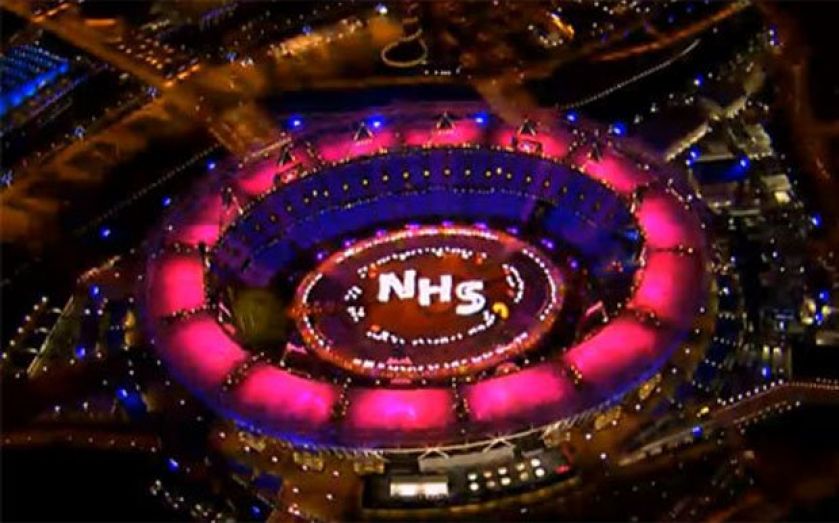Why an NHS tax is the wrong solution to the UK’s health challenges

A NEW tax to funnel extra resources to the NHS is rising up the political agenda. Liberal Democrat MP Paul Burstow, a health minister earlier in this Parliament, proposed the idea before the summer. Sarah Wollaston MP, the Conservative chair of the key Parliamentary Health Committee, subsequently demanded higher budgets for the health service. This week, it was reported that Ed Miliband is considering offering a special NHS tax at the general election.
No doubt politicians have assumed that such a tax would be popular with voters. In fact, public opinion is in a very different place. A new poll released today by Reform shows that two thirds (67 per cent) of the public oppose an increase in income tax to pay more towards the NHS. Opposition is shared across all age and income categories, and across Scotland, Wales and every English region. Far from being a doorstop-friendly election winner, an NHS tax would be a vote loser.
Even supporters of an NHS tax say they would only pay around £8 per month. That is well below the £12.50 a week that an extra penny on income tax would cost the average income taxpayer in the next Parliament.
And there are other grounds for opposing an NHS tax. On the day of the election, the government deficit will still be around £70bn, meaning further significant cuts will be necessary next Parliament to balance the books. Such savings as have been found since 2010 have focused on services like the police force, which has implemented real term cuts of 20 per cent, even as crime has fallen. The NHS, meanwhile, has had its £110bn budget ring-fenced. The system is not cash-strapped, but has dragged its feet on reform for years.
Politicians would do better to make the case that services can be improved without resorting to tax and spend. They would find the public receptive. Our poll finds that 60 per cent agree that the NHS needs reform more than it needs extra money, and 72 per cent think that, by tackling NHS waste, the government could both improve services and cut taxes.
But that would require radically changing the way care is delivered. Ministers recognise what has to be done: a focus on outcomes rather than budgets, fewer hospital beds, a smaller workforce and less bureaucracy. Yet by protecting the NHS budget, the government has removed the pressure for reform. As the National Audit Office and the Health Select Committee have both warned, little progress has been made on improving NHS productivity this Parliament. Efficiencies achieved so far, such as a freeze on NHS pay, have been picking “low hanging fruit”. And if productivity continues to languish, the public finance implications could be terrifying. If health productivity grows at just 1 per cent per year, the Office for Budget Responsibility calculates that public debt would rise to 211 per cent of GDP by 2062-63.
Politicians like home secretary Theresa May have shown that it is possible to win the political argument on public service reform. On policing, she has defeated the idea that only more money can improve services. The NHS may be seen as more of a political challenge, but our poll shows that there is more support for reform than politicians realise.